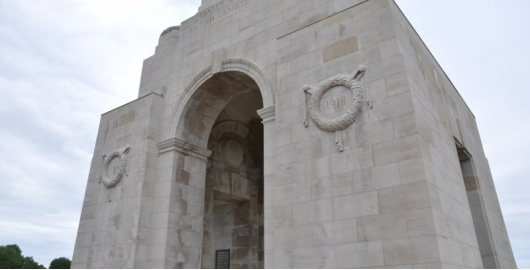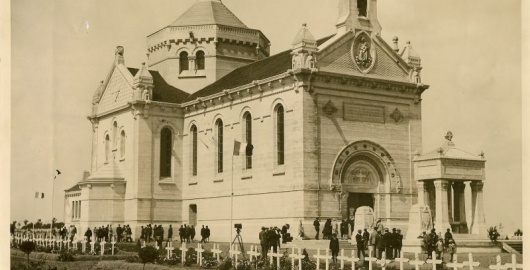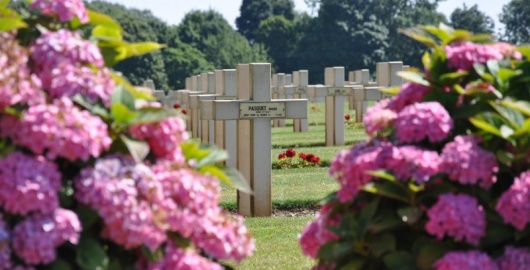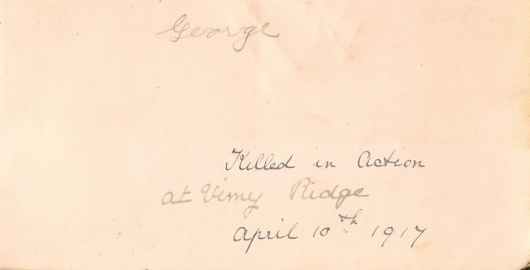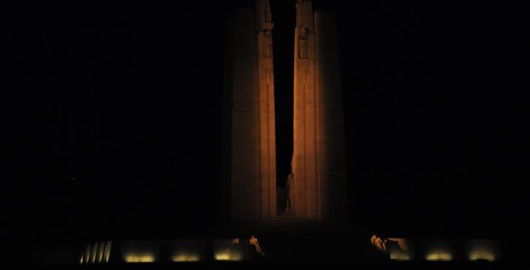Vimy Ridge Booking Enquiry
Booking Enquiry
Since the beginning of the war, French forces had fought a series of sanguinely battles (Battles of Artois) in this area. There had been some gains but it had come at a terrible price in casualties. The British would arrive in this sector in March 1916 as part of the decision to move French forces south, only to be confronted by desolated trenches, wrecked villages and a wilderness of devastation.
Vimy Ridge was a defensive position of unparalleled importance. To the north it dominated the Loos salient, to the south the Arras salient. On its eastern slope which dropped suddenly 400ft onto the Douai plain. The western side saw a gentle slope leading to the British front line.
After their part in the Somme battle, the Canadian forces arrived in this area in late 1916 (it would be the first time that all 4 Canadian Divisions would fight together – the birth of a nation). As they looked eastward, rising above them was the forbidding ridge, heavily defended by a well-entrenched enemy, who had busily turned this chalk hill into a veritable fortress.
The task before the Canadians was to wrestle from the enemy this formidable position, Hill 145, the Vimy Ridge.
Our Vimy Ridge tour covers as a standard: the Vimy Ridge Memorial the most important and impressive to the nation of Canada, immediate surrounding cemeteries along with Cabaret Rouge Cemetery site where the unknown Canadian soldier was exhumed and repatriated to Canada, Neuville St Vaast German Cemetery and the Notre Dame de Lorette.
The Vimy Ridge tour can be tailored at and upon request to cover areas not mentioned above.
Tours are based on a minimum of two participating, to enquire please click the "Booking enquiry" link above. Please note the Vimy Ridge Tours only operate from Monday through to Thursday and then Saturday (not on any given Friday or Sunday throughout the year).
"Twin pylons rise on Vimy’s war-scarred hill,
Remote, austere, sublime against the sky,
Telling of victory won, and courage high,
Courage that Death might end, but could not kill"
G. R. L. Potter, Ottawa

